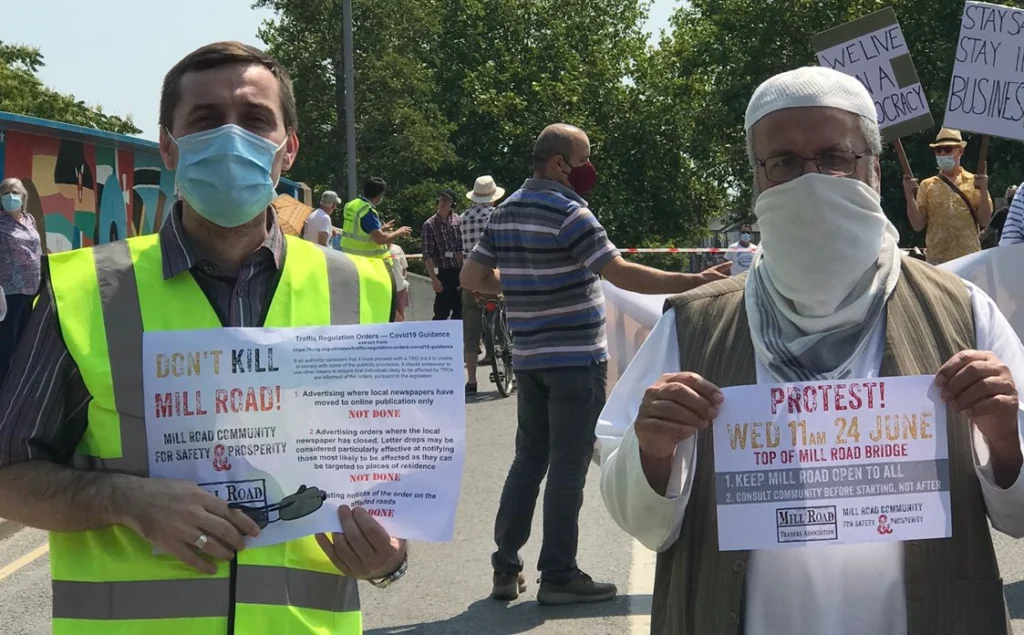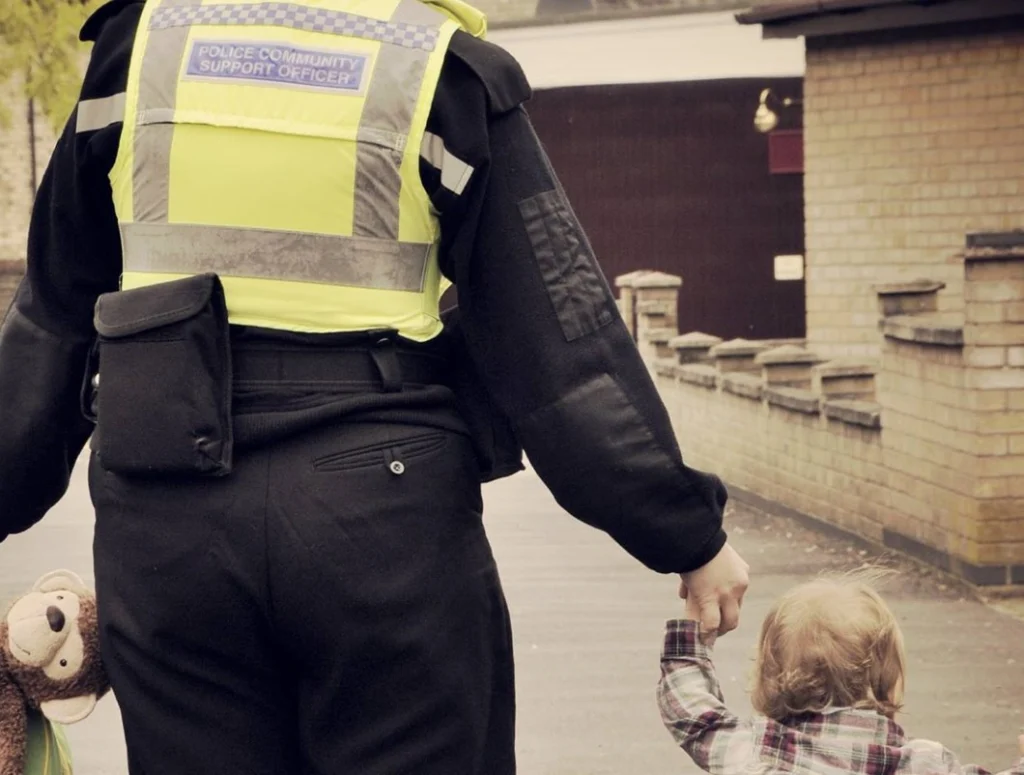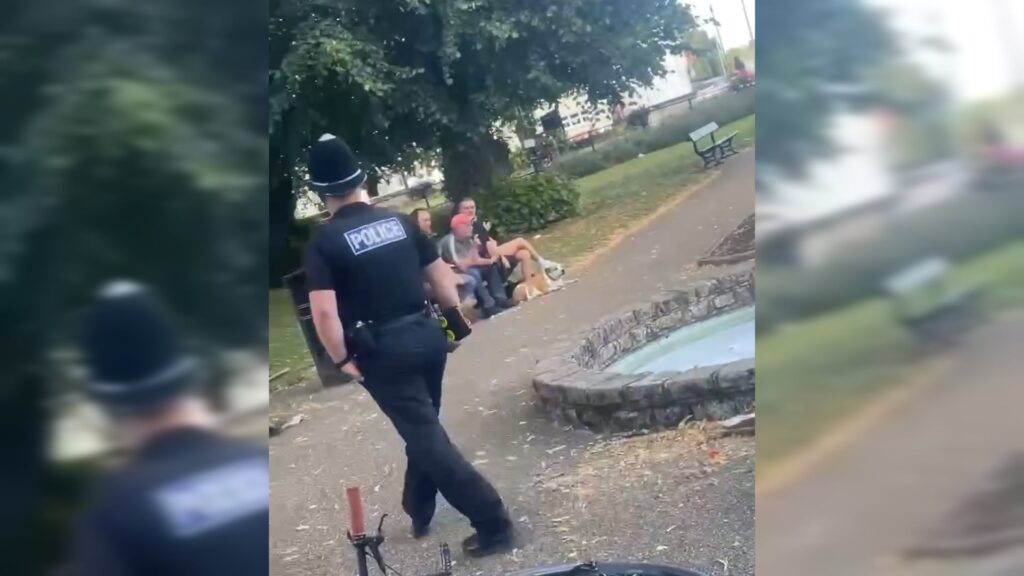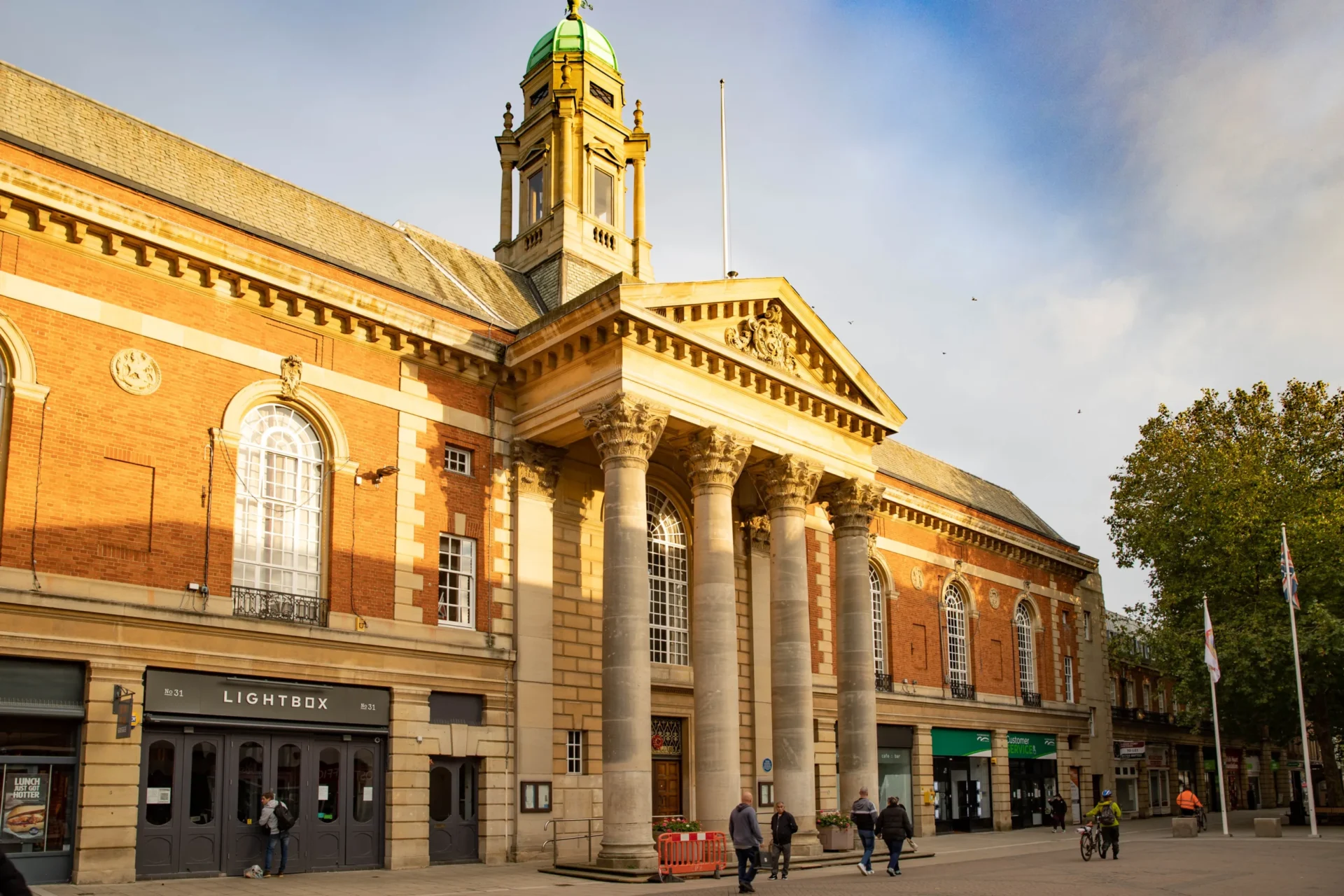A Traffic Regulation Order to close Mill Road bridge, Cambridge, to all motor vehicles, except buses, cyclists, emergency services, taxis, and blue badge holders, will be advertised next week.
If agreed, it will be implemented as a bus gate and blue badge holders will need to register via an application form online.
Blue badge holders will be required to provide relevant details such as name, address, blue badge number and appropriate paperwork. They will also be able to register two vehicles.
It follows a Greater Cambridge Partnership (GCP) public consultation, which it says saw “saw overwhelming support” for re-introducing a restriction on the bridge.
The county council’s highways and transport committee unanimously agreed to go ahead with the next steps of the scheme which will reduce traffic and improve the public realm on the road.
The Traffic Regulation Order (TRO) will be advertised on Monday 28 November until midnight on Friday 6 January.
All feedback, including objections, is welcome.

The usual traffic regulation order consultation period of 21 days has been extended to allow people extra time over the Christmas and New Year period.
Mill Road bridge was closed to the majority of motor vehicles during the pandemic through an experimental traffic order as part of a government scheme to encourage people to walk and cycle.
While that order was removed in July 2021, the committee asked the GCP to review and consult on options for Mill Road going forward, which included promoting active travel and tackling air quality and congestion.
The GCP consultation, which included focus groups of key stakeholders and two public workshops, showed that there was a desire to see traffic reduced while maintaining access for those with disabilities and taxis.
There was also a wish to see the environment enhanced along Mill Road, including improving the public realm.
After reviewing the consultation, the highways and transport committee at its meeting on 12 July this year agreed to work on a TRO to reinstate the modal filter on Mill Road, but with exemptions this time, including disabled residents and taxis.

Cllr Alex Beckett, chair of the highways and transport committee, said: “The GCP’s public consultation on options for Mill Road showed a clear consensus towards restricting access for private vehicles while making improvements to pedestrianised areas and encouraging sustainable transport.
“We have been working hard on the next steps for Mill Road and we have come up with a clear list of exemptions for people to consider.
“We know any scheme we bring forward will lead to strong opinions, but we want to continue to hear feedback from those affected.”
Vice chair Cllr Neil Shailer said: “Mill Road is a vibrant part of Cambridge, our community includes residents, businesses, and users of the road and we are passionate about making a positive difference.
“We want to enable Mill Road to be a more enjoyable place to visit, delivering better air quality and space. I’d encourage everyone to have their say and let us know their comments.”
More details about this TRO and how people can submit their objections, or any other comments is available on the county council website.
Or you can email Policy and Regulations at Policy.andRegulation@cambridgeshire.gov.uk
Once the TRO notice period closes on Friday 6 January, all responses will be collated, and the aim is for a report to be presented to the highways and transport Committee on 7 March 2023.
At this meeting, members will discuss the responses, the report and decide whether the Mill Road bridge closure should be reinstated or not.
The council says there was also a wish to see the environment enhanced along Mill Road including improving the public realm and walking and cycling provision.
A spokesperson said: “The public realm changes would be made in collaboration with the Cambridgeshire and Peterborough Combined Authority and GCP.
“It is anticipated design work will begin in 2023.”
June 2020, and Mill Road traders’ association protest closure of Mill Road bridge PHOTO: Twitter





















